Translated by Sayantan Basu
Pandit Ishwar Chandra Vidyasagar is one of the greatest Bengalis we ever had, and he is rightly considered a pillar of Bengal renaissance. The inviolable contributions of Vidyasagar were pivotal not only in advancing women’s education but also in educating a vast number of Bengalis. The progress and enlightenment seen in Bengal today owe much to his tireless efforts. He is often recognized for his embodiment of meliorism. A man of great vision, Vidyasagar was an early ardent advocate for the widow remarriage system and his beliefs were progressive and heterodox for his time. His work in modernizing and rationalizing Bengali language remains a lasting legacy. Known as writer, teacher, social reformer, Shri Ishwar Chandra Bannerjee better known as Vidyasagar is revered not just in Bengal but across the entire country. The era of panoply of Bengali intellectuals began with him.
Ishwar Chandra Vidyasagar was born on 26th September, 1820 into a Bengali Hindu Brahmin family to Thakurdas Bandyopadhyay and Bhagavati Devi at Birsingha village, located in Paschim Medinipur District (erstwhile undivided Hooghly district). The family originally hailed from Banamalipur in present-day Hooghly district. At the age of nine, Vidyasagar went to Calcutta, where he had began living in the house of Bhagabat Charan in Burrabazar. His father, Thakurdas, had already been residing for several years. Ishwar felt at ease amidst Bhagabat’s large family and settled down comfortably in no time. Bhagabat’s youngest daughter Raimoni’s motherly proximity and affectionate feelings towards Ishwar touched him deeply and had a strong influence on his later revolutionary work towards the upliftment of women. Vidyasagar went on to become a champion for the cause of female education and women rights.Ishwar Chandra Vidyasagar was the most prominent campaigner for Hindu widow remarriage for 19th centrury India. He tirelessly petitioned the Legislative Council, for the cause, despite facing severe opposition, including a counter petition led by Shri Radhakanta Deb, which garnered numerous signatures. Even though widow remarriage was considered a flagrant breach of social customs and faced staunch opposition, Lord Dalhousie personally finalized the bill, leading to the passage of the Hindu Widows’ Remarriage Act, 1856. This land mark legislation marked a significant step towards social reform in India. In addition to his efforts of widow remarriage, he played a crucial role in opposing child marriage. Efforts of Vidyasagar were instrumental in leading to the passage of the Age of Consent Act, 1891. The act established the minimum age of consummation of marriage at 12 years.
After clearing the Sanskrit Law examination, Vidyasagar joined Fort William College, as the head of the Sanskrit Department. Here, he taught Sanskrit to British Officers who came from England to join the East India Company. After five years, in 1846, Vidyasagar left Fort William College and joined the Sanskrit College as Assistant Secretary. In the first year of service, Ishwar Chandra proposed a number of changes to the existing education system. These recommendations resulted in a serious conflict between Ishwar Chandra and College Secretary Rasomoy Dutta. In 1849, against the advice of Rasomoy Dutta, he resigned from Sanskrit College and rejoined Fort William College,
Shortly after Vidyasagar’s death on 29 July 1891, Rabindranath Tagore reverently wrote about him: “One wonders how God, in the process of producing forty million Bengalis, produced a man!” He is remembered in many ways, including being ranked number 9 in BBC’s poll of the Greatest Bengali of all time. Rectitude and courage were the hallmarks of Vidyasagar’s character, and he was certainly ahead of his time. In the final years of life, he chose to spend his days among the “Santhals”, an old tribe in India Indian Post issued stamps featuring Vidyasagar in 1970 and 1998


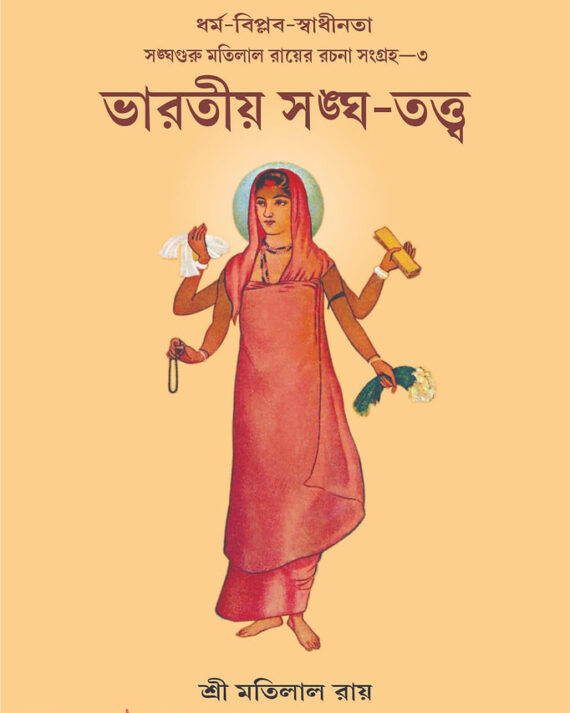
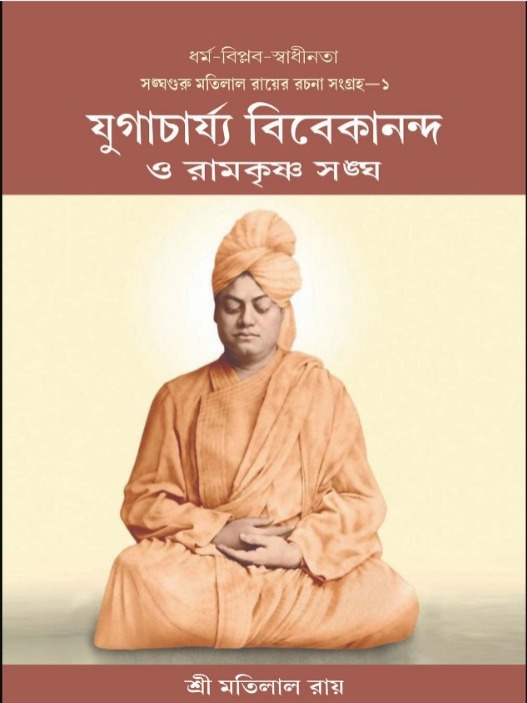
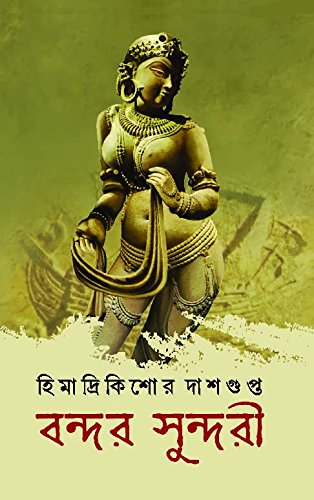
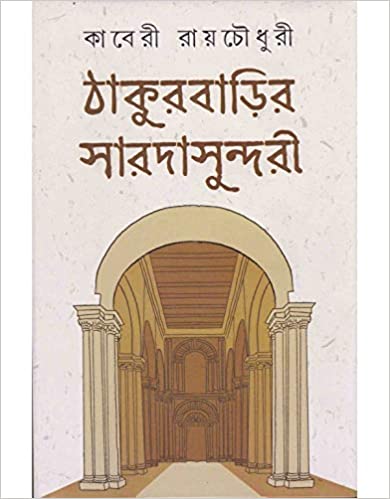
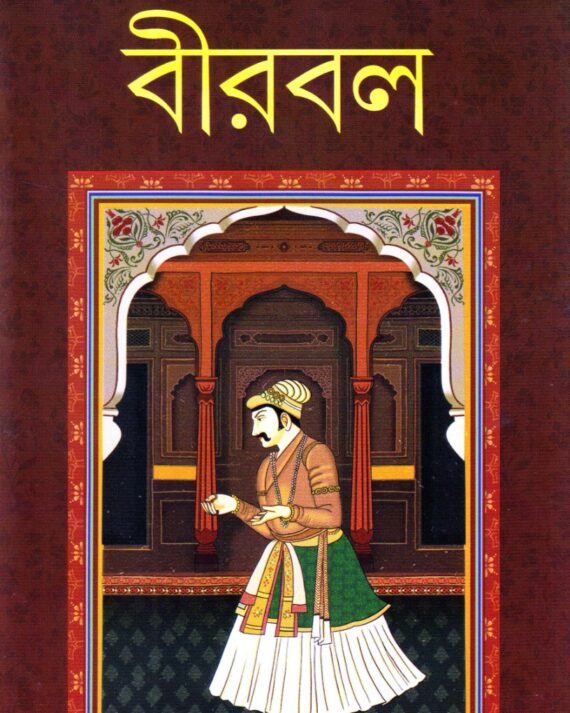
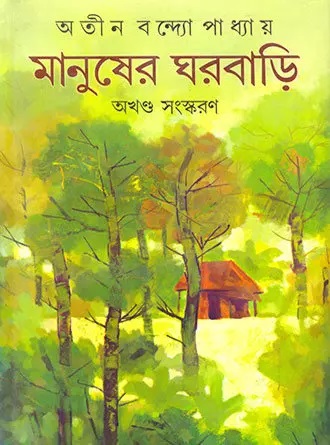
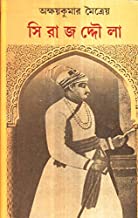
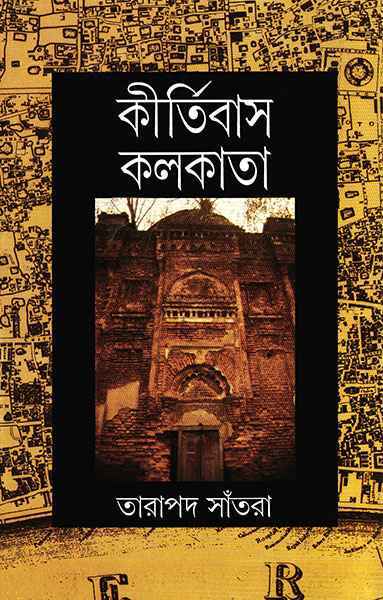

Reviews
There are no reviews yet.